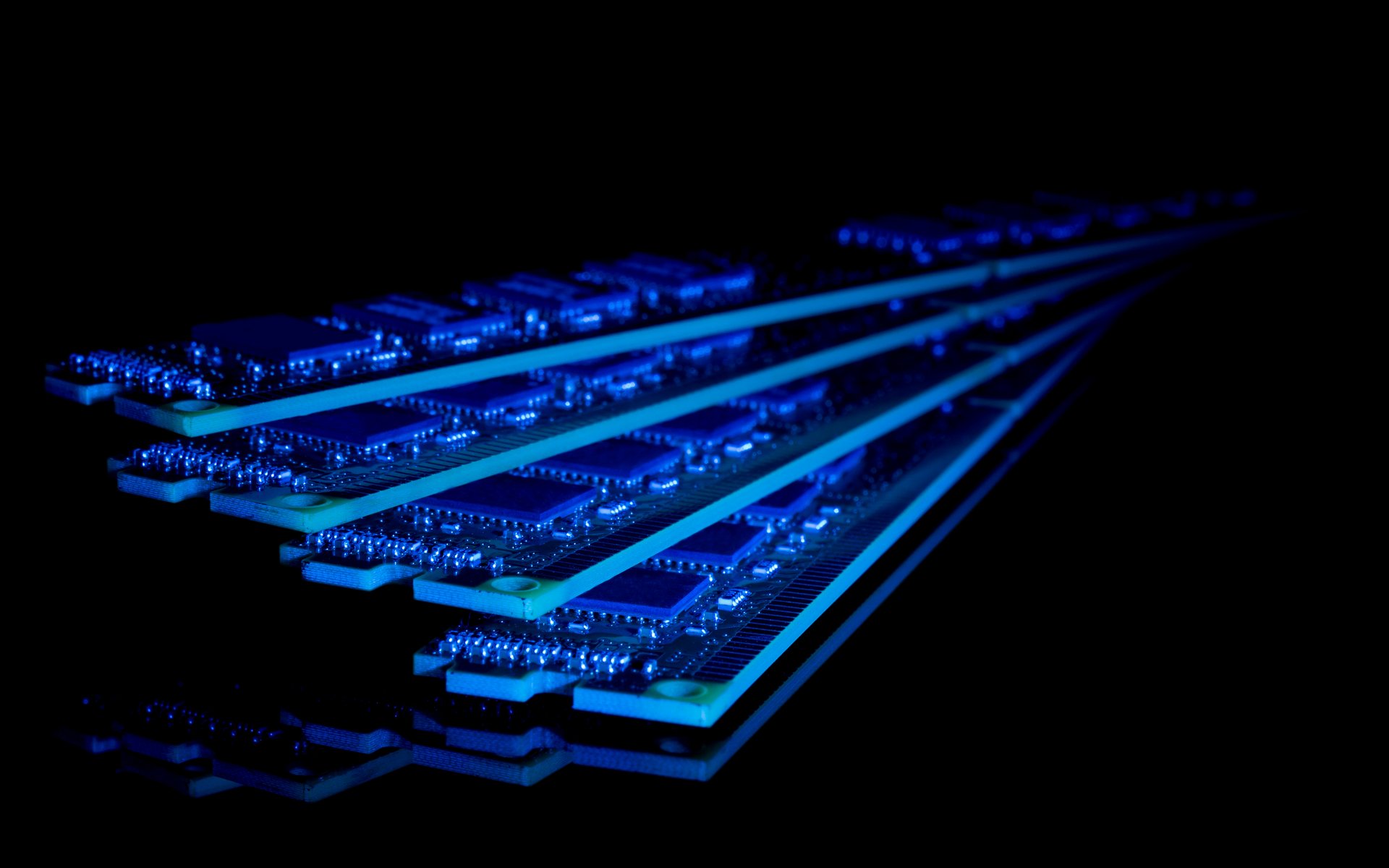During the past week, the price for RAM on the EOS network increased more than tenfold in a bonafide trading frenzy. Now, some in the EOS community are worried about the possible negative effects of RAM trading and speculation on the network.
The Frenzy
On the EOS network, RAM is mostly used by developers to store the data used in the launching and production of decentralized applications (dApps). RAM, in this case, refers to general storage space in the EOS memory database, and can also be used to create new accounts.
The price of RAM completely exploded this past week— seeing a 1400 percent gain at the time of writing this article.
The beginning of last week, however, was quite flat. The price of RAM plateaued around 0.10-0.11 EOS/KB. Yesterday morning, the price had doubled to 0.20 EOS/KB before blasting off to a current rate of 0.77 EOS/KB.
One EOS account, in particular, made more than half a million US dollars from buying up large amounts of RAM just after the mainnet launched. Said account has been selling it off in batches during this current spike.

The Fear
Some are concerned that this huge spike in RAM price is only from speculation and warn that it could collapse as quickly as it shot off. One Reddit user wrote a post urging that those looking to buy up large amounts of RAM on speculation ‘understand that the risks taken are huge.’
One of the largest concerns revolves around the total amount of RAM on the EOS network. The chart above shows that there are currently 64 gigabytes overall on the network — 55 of them already being bought and held by EOS users. Scarcity seems to be the reason many EOS users are speculating on being able to sell it for a higher price, as more people buy up the rest.
In this situation, many of those who are buying RAM will not be using it for dApp development — its intended use. Buying and ‘hodl’ing RAM is thus making it more expensive for dApp developers to launch their products, therefore slowing down development of the actual network.

Another reason for concern is the ambiguity of the current EOS constitution.
Currently, if the EOS Block Producers want to change anything, there is a 2/3 approval vote. If the block producers vote to increase the RAM capacity, scarcity and price will drop — leaving those who bought at high levels stuck with a bunch of RAM that they probably won’t use.
There was also a conversation posted last week that suggested EOS CEO Dan Larimer was planning to “change its fundamental constitution and replace it with a new one.” A new constitution could also change the rules on RAM, drastically changing the price.
Some also fear that those with inside information on changes in RAM capacity and any other changes to the rules could use that knowledge to buy or sell ahead of the market.
Anyone looking to dive into trading RAM on the EOS network should do plenty of research and understand the risks involved.
Do you think the price of RAM on the EOS network will continue to rise this week? Do you believe this is positive or negative news for the EOS community? Let us know your thoughts in the comments below!
Image courtesy of Shutterstock, EOS.feexplorer.io.











